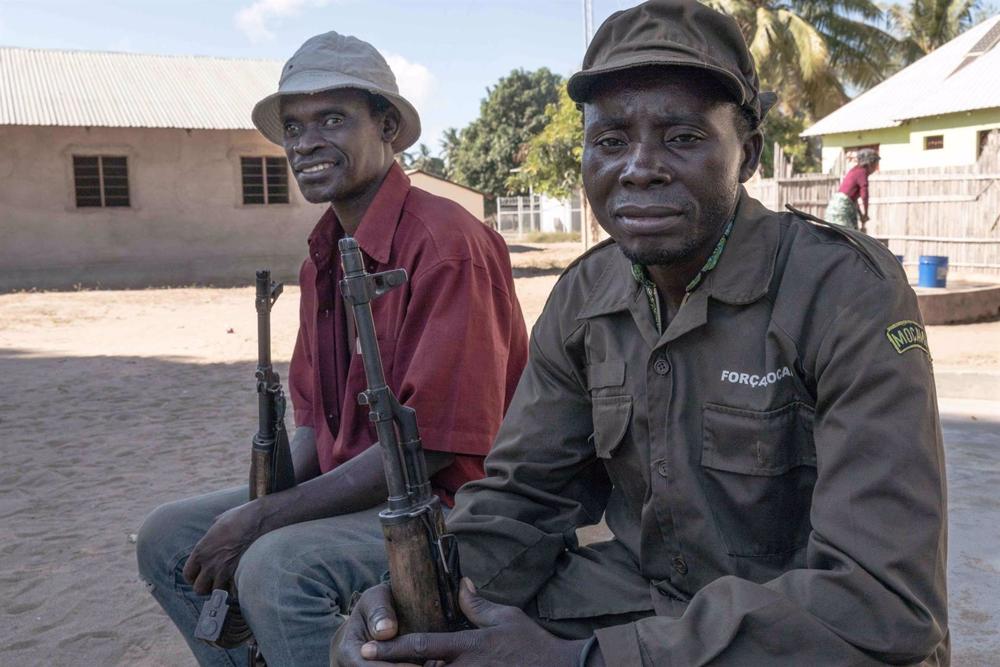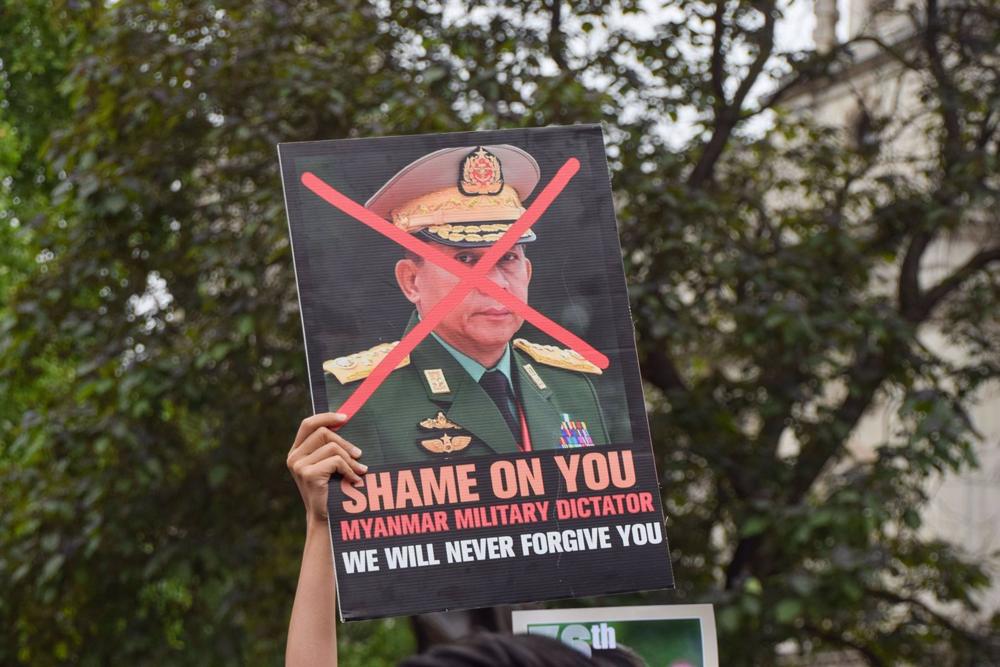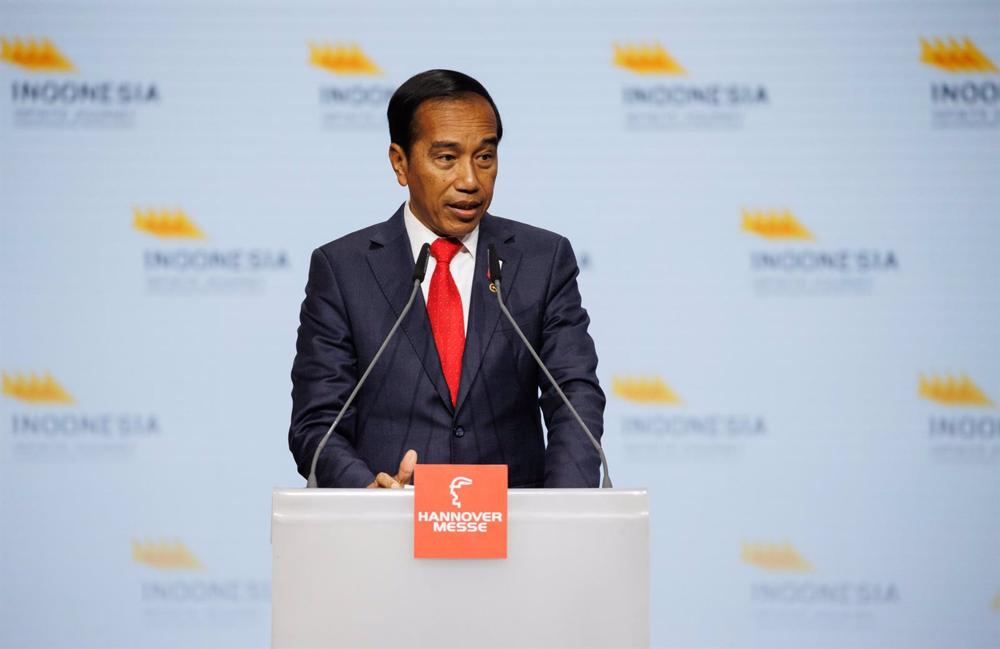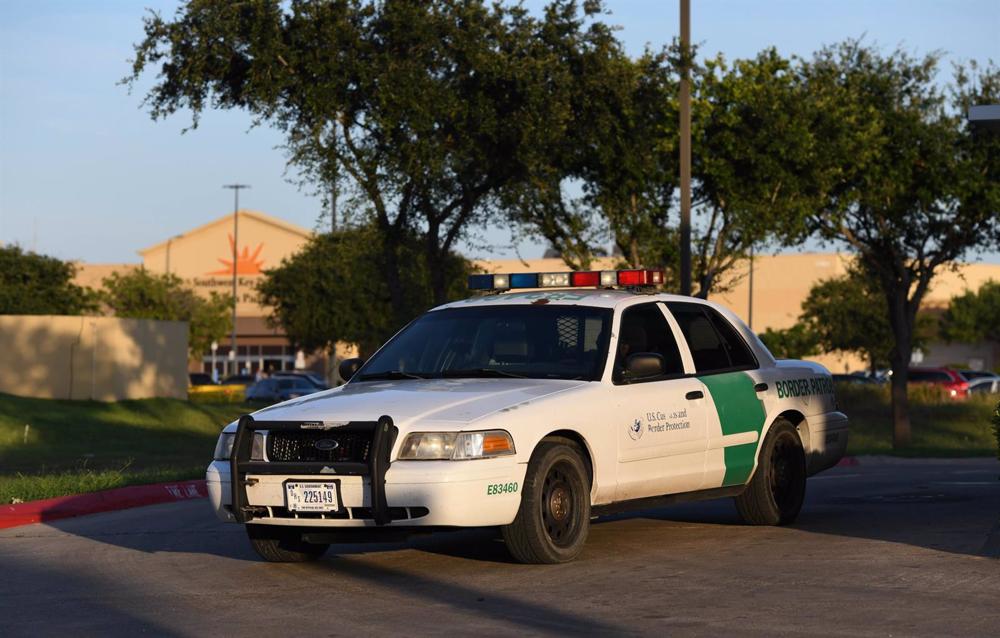
Mozambique’s Parliament has approved a bill to legalize the activities of «local forces» in operations against jihadism in the province of Cabo Delgado (north), as part of the reinforcement of offensives to try to restore stability in this area of the country.
Thus, the project legalizes «the active and passive resistance of citizens in areas of the national territory occupied by aggressor forces», after advocating the creation of self-defense groups to confront the jihadists, according to the Mozambican newspaper ‘Verdade’.
The Minister of Defense of Mozambique, Cristovao Chume, has defended that «the proposal seeks to legitimize the performance of the ‘local force’ that fights hand to hand and with courage against the terrorists». He said that this will allow improvements in «structuring, organization and logistical support» to these forces.
He also pointed out that this ‘local force’ does not have a «permanent presence» and stressed that the security forces are working to «replace» the support provided by the Southern African Development Community (SADC) and the Rwandan special forces, deployed in Cabo Delgado to reinforce the fight against terrorism.
On the other hand, Chume has defended that these self-defense groups were created to «reinforce the role of the defense and security forces in the combat and containment of terrorist incursions, protect communities and public and private infrastructures», as reported by the Portuguese news agency Lusa.
The project has been supported by the governmental Front for the Liberation of Mozambique (Frelimo), which has a majority in Parliament. On the other hand, the opposition Mozambican National Resistance (Renamo) and the Mozambique Democratic Movement (MDM) voted against.
Chume himself assured in mid-November that the jihadist groups «do not have permanent bases» in the province of Cabo Delgado, before indicating that the jihadists are divided into small groups which have lost their positions due to the operations of the security forces.
Cabo Delgado has been the scene since October 2017 of attacks carried out by Islamist militiamen known as Al Shabaab, unrelated to the homonymous group operating in Somalia, which maintains ties with Al Qaeda. Since mid-2019 they have been mostly claimed by Islamic State in Central Africa (ISCA), which has stepped up its actions since March 2020.






